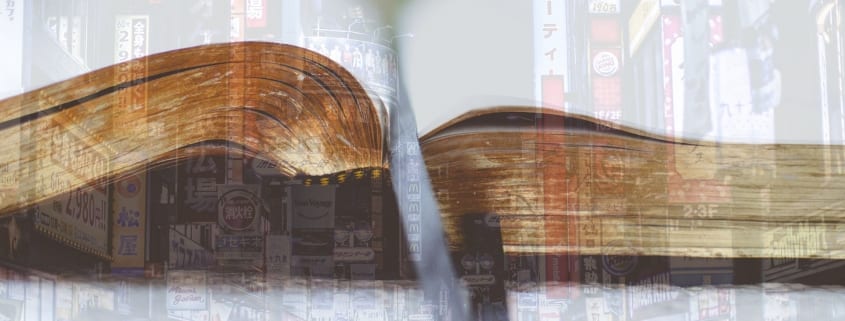Where Are Our Hearts
“Again I tell you, it is easier for a camel to go through the eye of the needle than for someone who is rich to enter the kingdom of God”
– Matthew [19:24]
WHERE ARE OUR HEARTS?
In our modern marketplace we are taught and encouraged that the measure of our success is how much we make. Corporations are rewarded for increasing their earnings per share. We all want our raises and bonuses to be bigger. For many who read this verse in Matthew it appears that Jesus is saying that if you are rich you won’t be able to go to heaven. However, if we use the discipline of historical context, we can see a different message. A message that refers more to where our hearts reside.
“Jesus desires for us to turn our hearts humbly to the purpose of God.”
In ancient Jerusalem there were two gates to enter the city. A large gate where all could pass and a smaller gate used at night to prevent entry by potentially dangerous invaders. The smaller gate was called the “Eye of the Needle.” For camels to get through this gate they had to kneel and be relieved of all their baggage. The camel was the largest beast of burden in ancient Judea, suggesting its purpose in Jesus’s analogy. The act of kneeling is a humbling act. An act of submission or honor, both in the ancient world and today. Jesus desires for us to turn our hearts humbly to the purpose of God.
A writer friend of mine engaged with a well-connected literary figure who signed a contract promising to help my friend get his book published. For a sizeable amount of money from the aspiring writer, the literary figure promised to introduce him to publishing firms. A contract was signed and the literary figure sent off an e-mail to an agent, who replied to the writer with a rejection. From the literary figure’s point of view, an introduction had been made and therefore the money was due. While technically the literary figure had provided the contracted service, he did little more than send a random e-mail to a random agent. The aspiring writer was on the hook to pay the contract fee but had little to show for his money. While everything was done legally according to the contract, the heart of the literary figure was in making money and not in providing substantial help to the writer. His actions were legally correct, but not correct within the context of intention.
“Jesus cautions us to be humble and careful in pursuing wealth…To decide between a short-term gain and being fair with our neighbors. He is saying that when we stand at this crossroads, we should follow a heart that wants to help others.”
In this story lies the point of Jesus’s message. Is our goal to make money regardless of who we affect? The lure of wealth often times puts us in this position, to decide between a short-term gain and being fair with our neighbors. In the marketplace we often stand at this crossroads. Jesus isn’t saying that being rich is bad. He is saying that when we stand at this crossroads, we should follow a heart that wants to help others. Jesus cautions us to be humble and careful in pursuing wealth. He is well aware of the temptation of riches and the delusional effect of wealth. He is advising us that the pursuit of wealth, while intoxicating, can be harmful to our hearts. Are we following the command of Galatians [5:13] to put aside our own worldly desire and instead using what we have to serve others in love?
Earning a living isn’t the issue; where our hearts reside is the issue.
Blessings, until next time,
Bruce L. Hartman
PARTING THOUGHTS
Do we make decisions that are made with a heart that wants to help?
How do we protect our hearts from the delusions of wealth?
How do we stay humble?



